On June 4, 2019, the U.S. government changed the rules on American travel to Cuba. The U.S. Treasury Department policy was amended, disallowing the “People to People” license that many cruise lines and tour operators used to visit Cuba. Does that mean Americans can no longer visit this mysterious country where time seems to stand still? The short answer is no. You can still travel to Cuba legally, but there are stipulations.
How is Travel to Cuba Affected by the Sanctions?
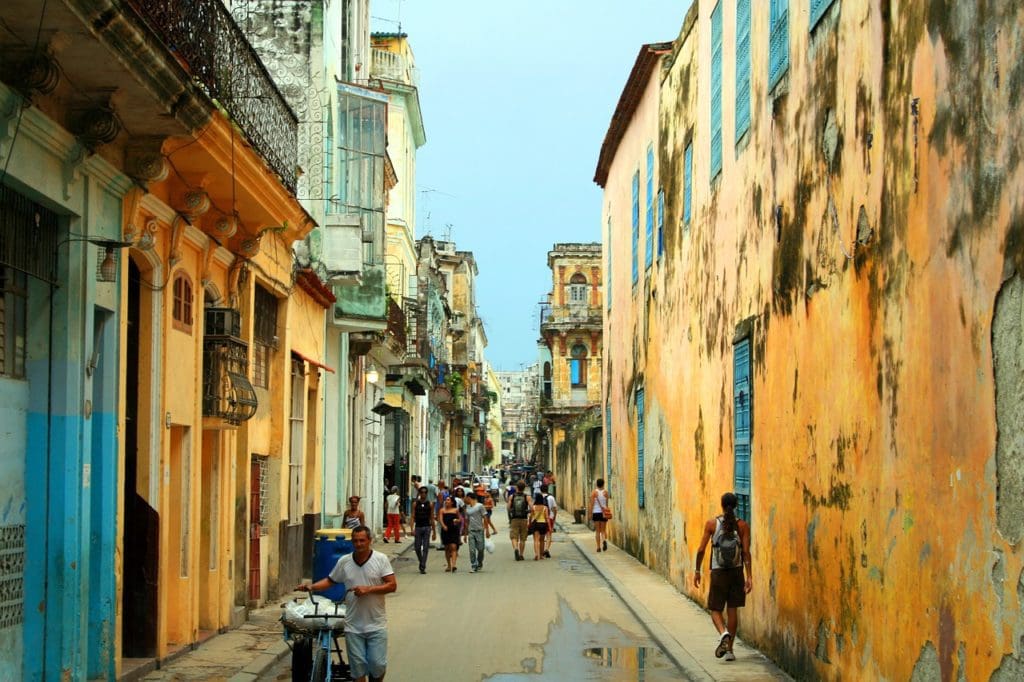 The People to People (P2P) license that has been revoked was one of 12 allowable licenses that allow Americans to travel to Cuba and the one most widely used by cruise lines and tour operators. Effectively, it is now illegal to cruise from the U.S. to Cuba. Cruise Lines International Association (CLIA) said in a statement, “This affects nearly 800,000 passenger bookings that are currently scheduled or already underway.”
The People to People (P2P) license that has been revoked was one of 12 allowable licenses that allow Americans to travel to Cuba and the one most widely used by cruise lines and tour operators. Effectively, it is now illegal to cruise from the U.S. to Cuba. Cruise Lines International Association (CLIA) said in a statement, “This affects nearly 800,000 passenger bookings that are currently scheduled or already underway.”
Cruise lines who had itineraries visiting Cuba include Carnival Cruise Line, Holland America Line, Seabourn, Royal Caribbean, Norwegian Cruise Line, MSC Cruises, Regent Seven Seas, Oceania, and SeaDream Yacht Club. Generally, they are substituting a different Caribbean port in place of calling on Cuba. Each company is publishing its own recompense for the change ranging from discounts on the cruise fare to cancellation without penalty. For specific policies, contact your travel advisor.
Commercial flights will continue flying between the U.S. and Cuba, although they will no longer accept groups traveling on the P2P license. Tours that depended on the P2P license can no longer operate, but many tour operators had the foresight to obtain a different category of license.
This is How Americans Can Still Travel to Cuba Legally
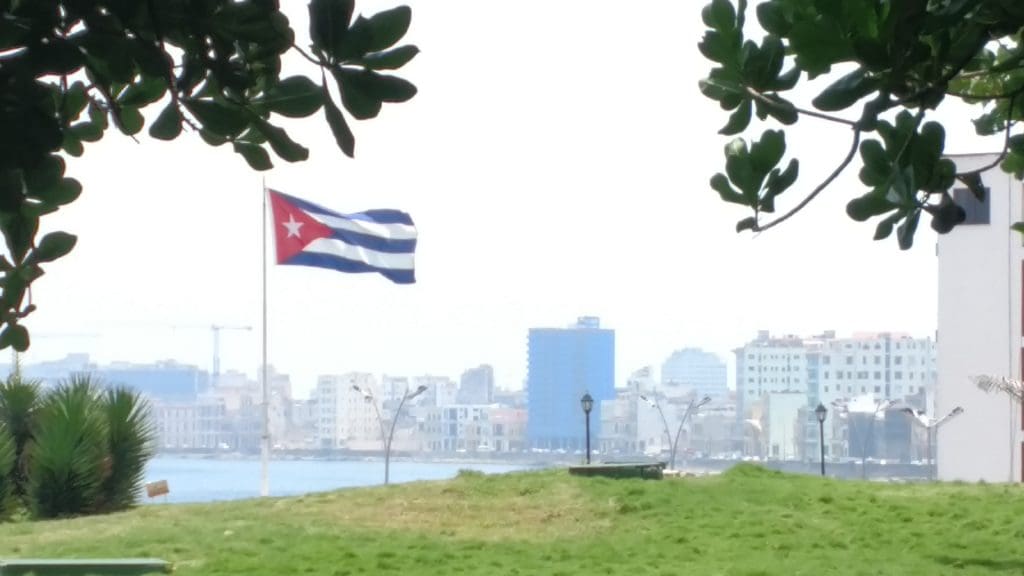 Another category of license, Support for the Cuban People (SCP), has not been discontinued. It allows American tourists to legally visit Cuba, subject to two requirements:
Another category of license, Support for the Cuban People (SCP), has not been discontinued. It allows American tourists to legally visit Cuba, subject to two requirements:
- Use privately owned businesses. Traveling with this license means staying in Casas particulares (Cuban Bed & Breakfasts) and eating in local paladars (privately-owned restaurants). The government-owned five-star Gran Hotel Manzana Kempinski in Old Havana, for example, is on the list of restricted businesses which the U.S. deems to benefit at the expense of the Cuban people or private enterprise in Cuba. Tours operating under SCP also hire local guides and drivers who are not employed by the government.
- Maintain a full schedule (8 hours a day) of meaningful interactions that “Enhance contact with the Cuban people, support civil society in Cuba, or promote the Cuban people’s independence from Cuban authorities and that result in meaningful interactions with individuals in Cuba.” These are activities such as visiting a Cuban artist’s studio, taking music lessons, volunteering at children’s facility, or meeting with local farmers to learn about their crops and techniques. These are largely the same activities that were done under the P2P license.
The remaining 10 license categories focus on educational, religious, professional, humanitarian, artistic, journalistic, and business endeavors, as well as visiting relatives. All of these categories remain legal.
Joining a Tour versus Independent Travel
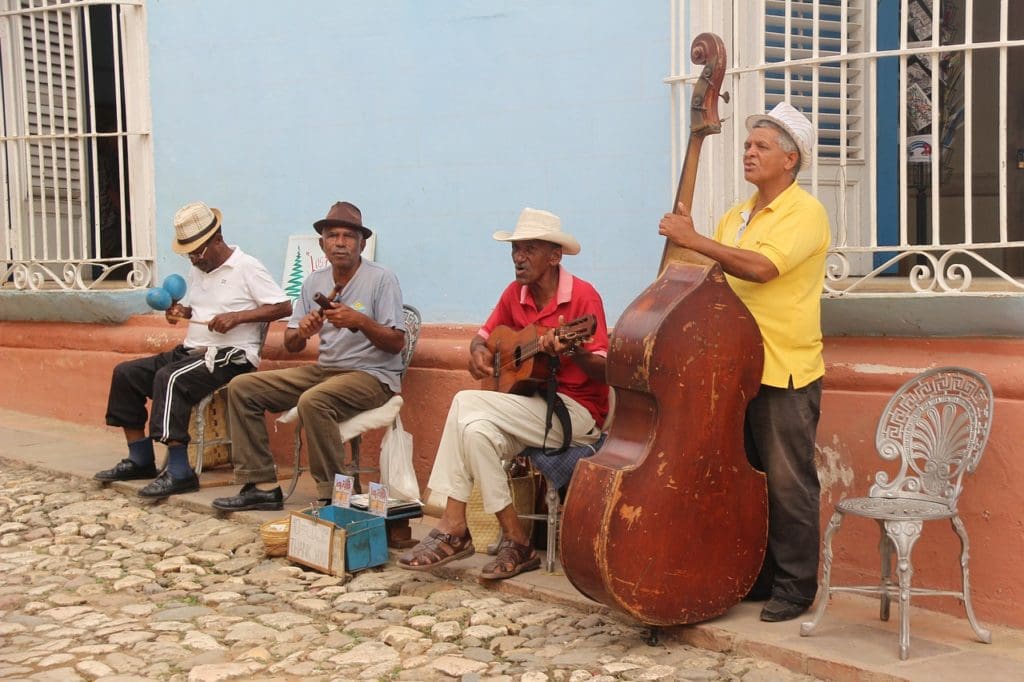 Most tour operators provide the license for their guests. If they hold the SCP license, American guests can legally participate in the tour to Cuba. It’s also possible to travel independently to Cuba, although the red tape in making the required arrangements can be significant. We recommend traveling with a tour to facilitate entrée into the culture and make it easier to engage with locals. Plus, the time spent learning from a local guide counts toward “meaningful interaction” and “promoting independence.”
Most tour operators provide the license for their guests. If they hold the SCP license, American guests can legally participate in the tour to Cuba. It’s also possible to travel independently to Cuba, although the red tape in making the required arrangements can be significant. We recommend traveling with a tour to facilitate entrée into the culture and make it easier to engage with locals. Plus, the time spent learning from a local guide counts toward “meaningful interaction” and “promoting independence.”
Personal safety is not an issue in Cuba. The new restrictions are based on political and economic strategies. Cuba received the award for “Safest Country for Tourism” at the 2018 International Tourism Fair.
The good news is that it is still legal for Americans to travel to Cuba. Policies have changed several times and will likely continue to be refined, but Cuba remains a cultural experience unlike any other in the Caribbean. Cuban art, music, and food traditions developed, despite strict government control over the last half-century, showing a resilience of character in the people. Those artists, musicians, and farmers are ready to share their skills with American visitors. And those visitors will be richer for the exchange.
Plan your Cuba Discovery by contacting your Covington vacation advisor.

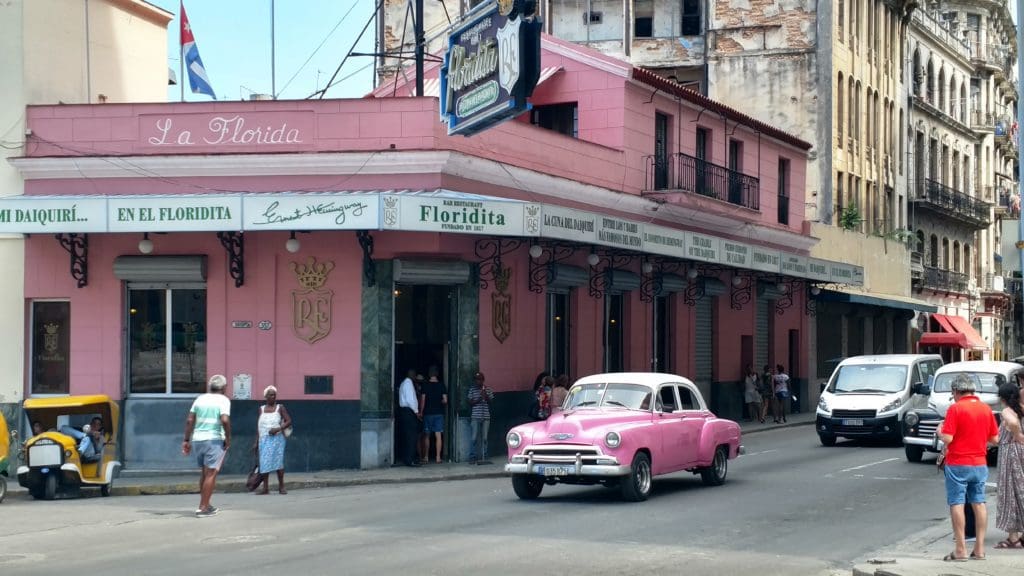


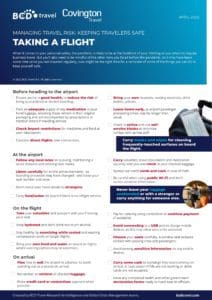
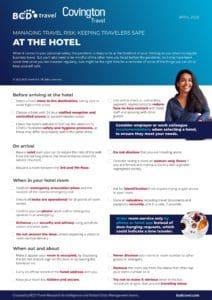

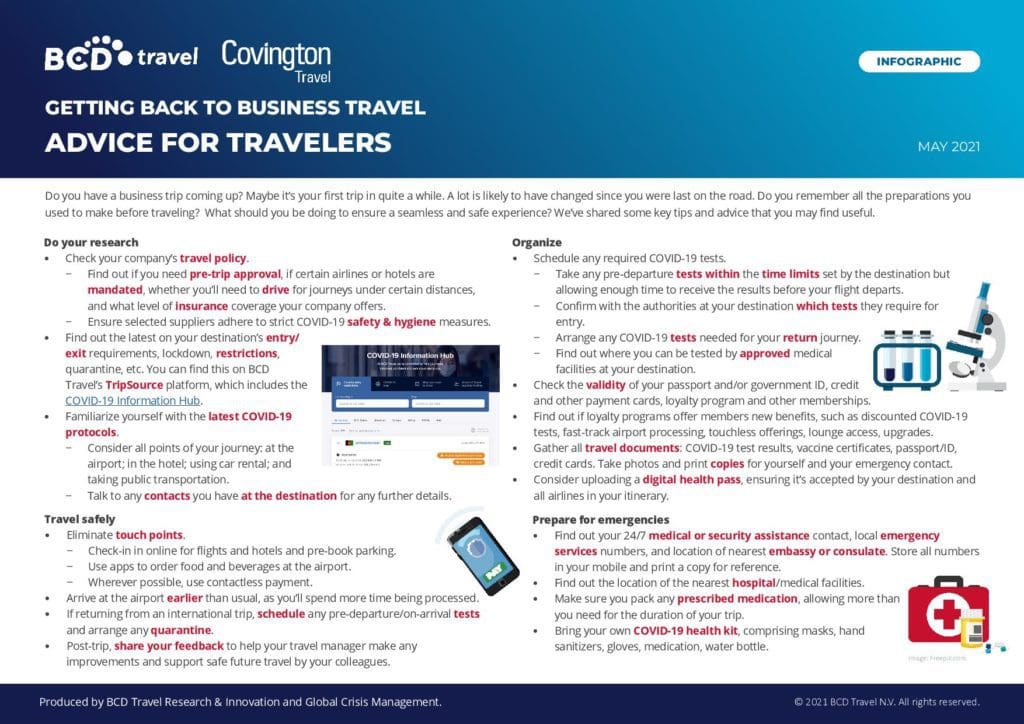
Leave a Reply